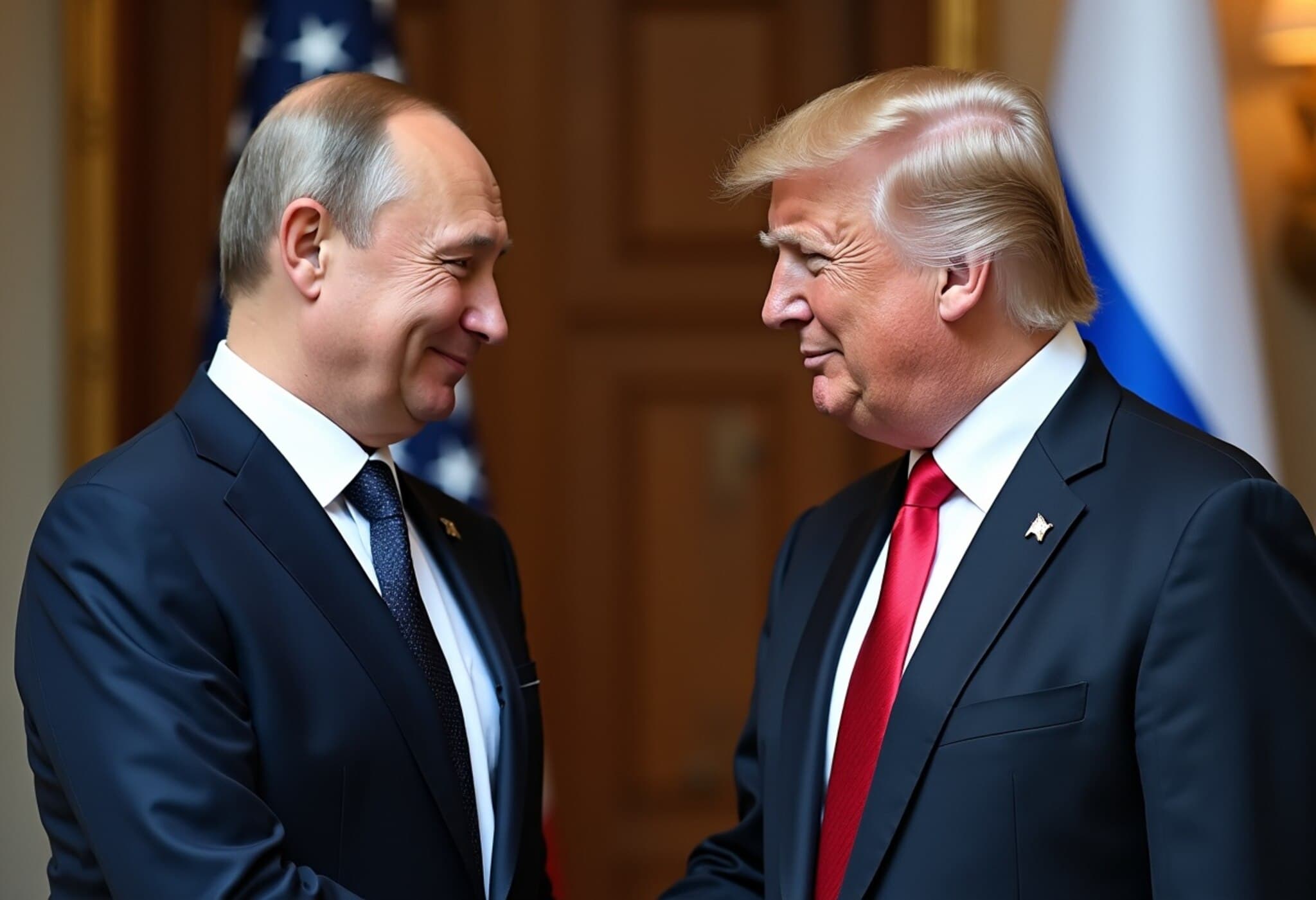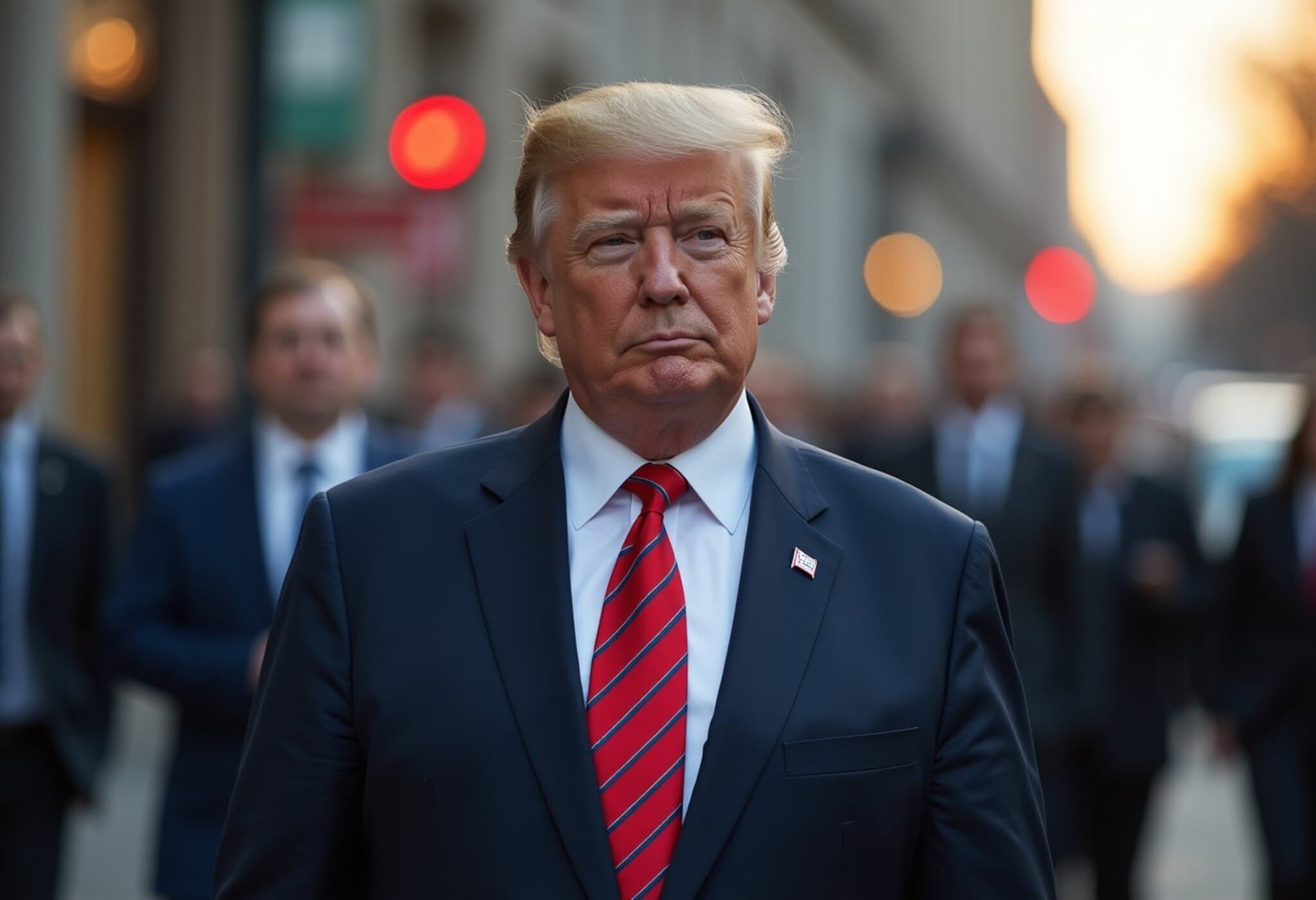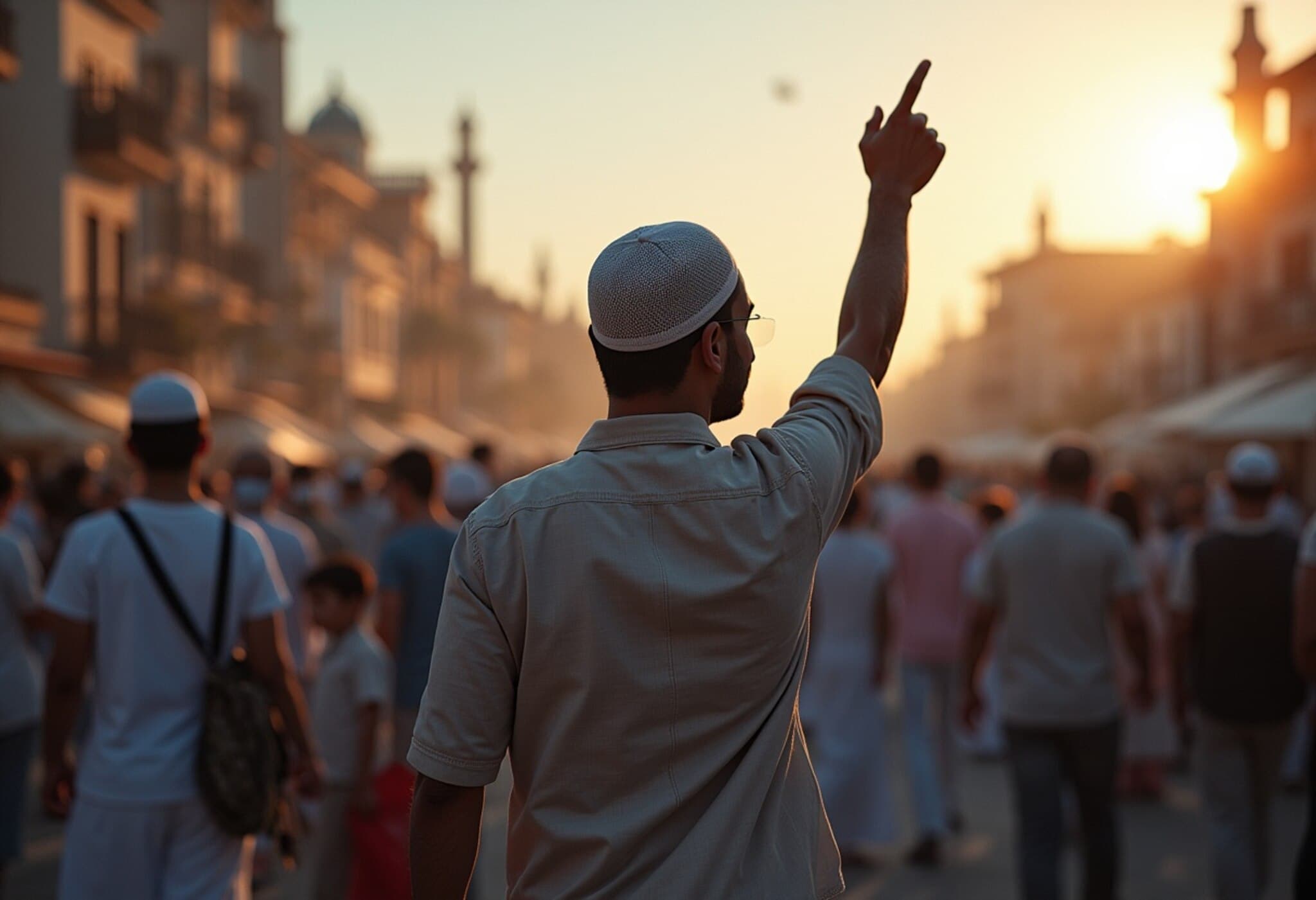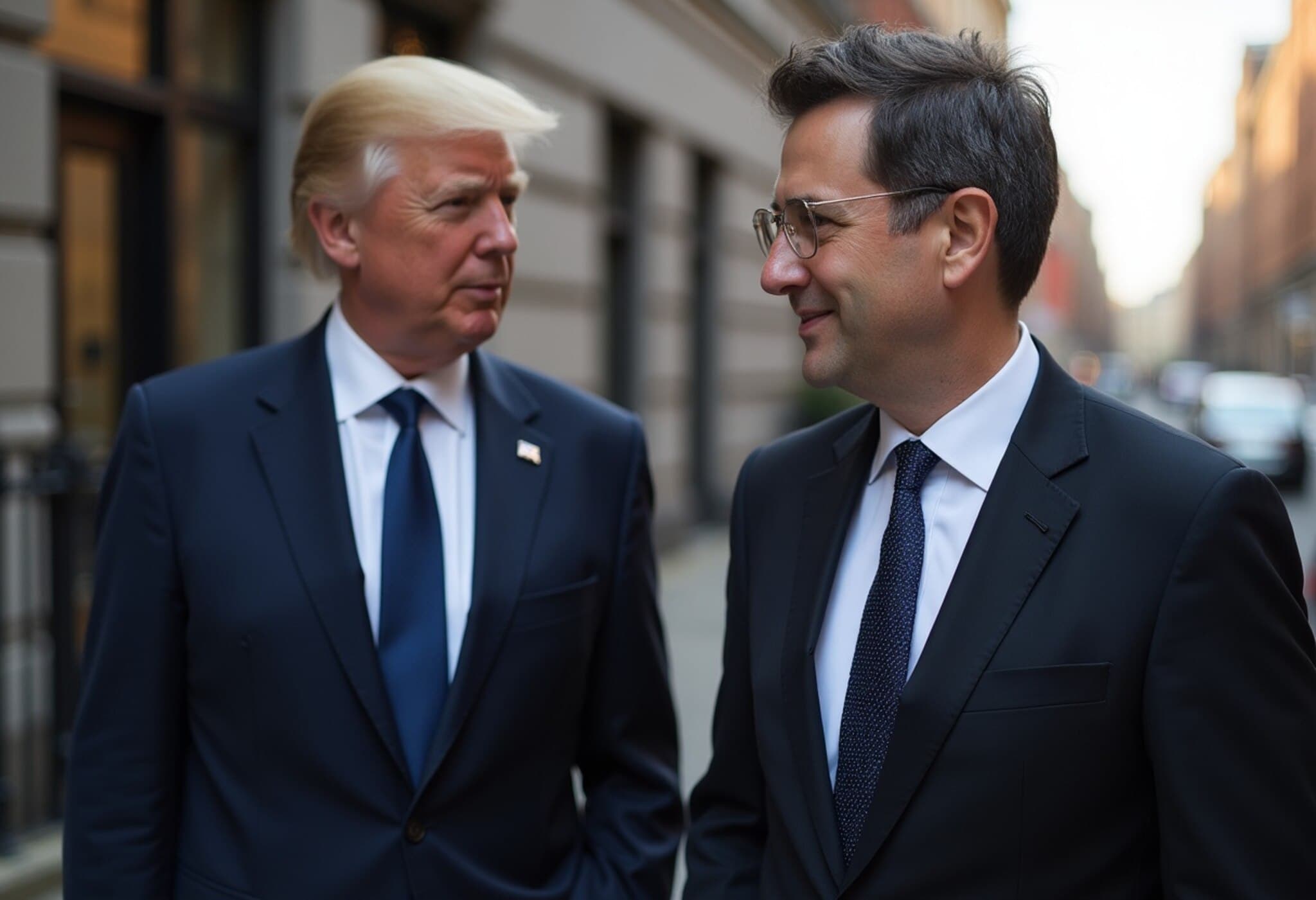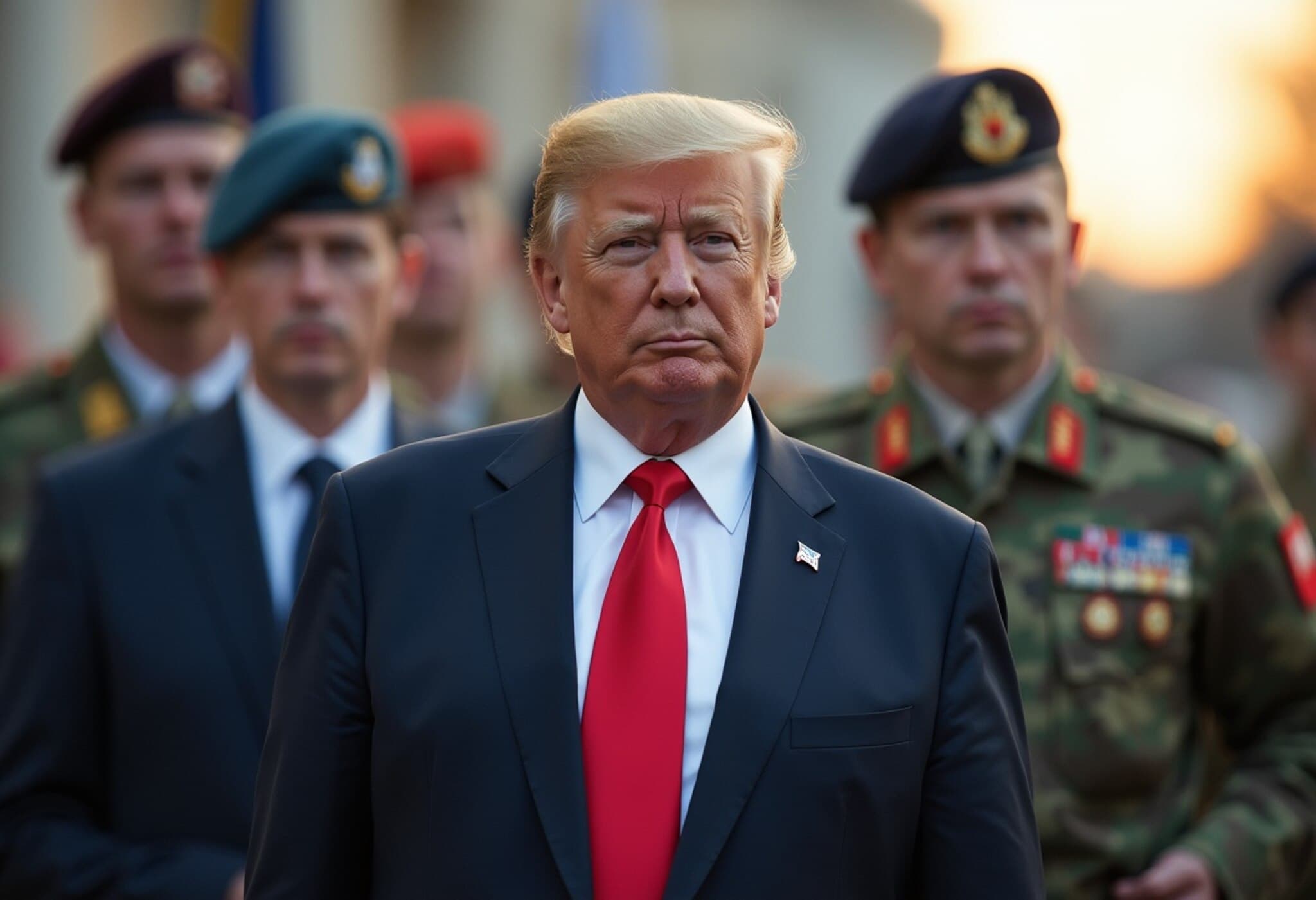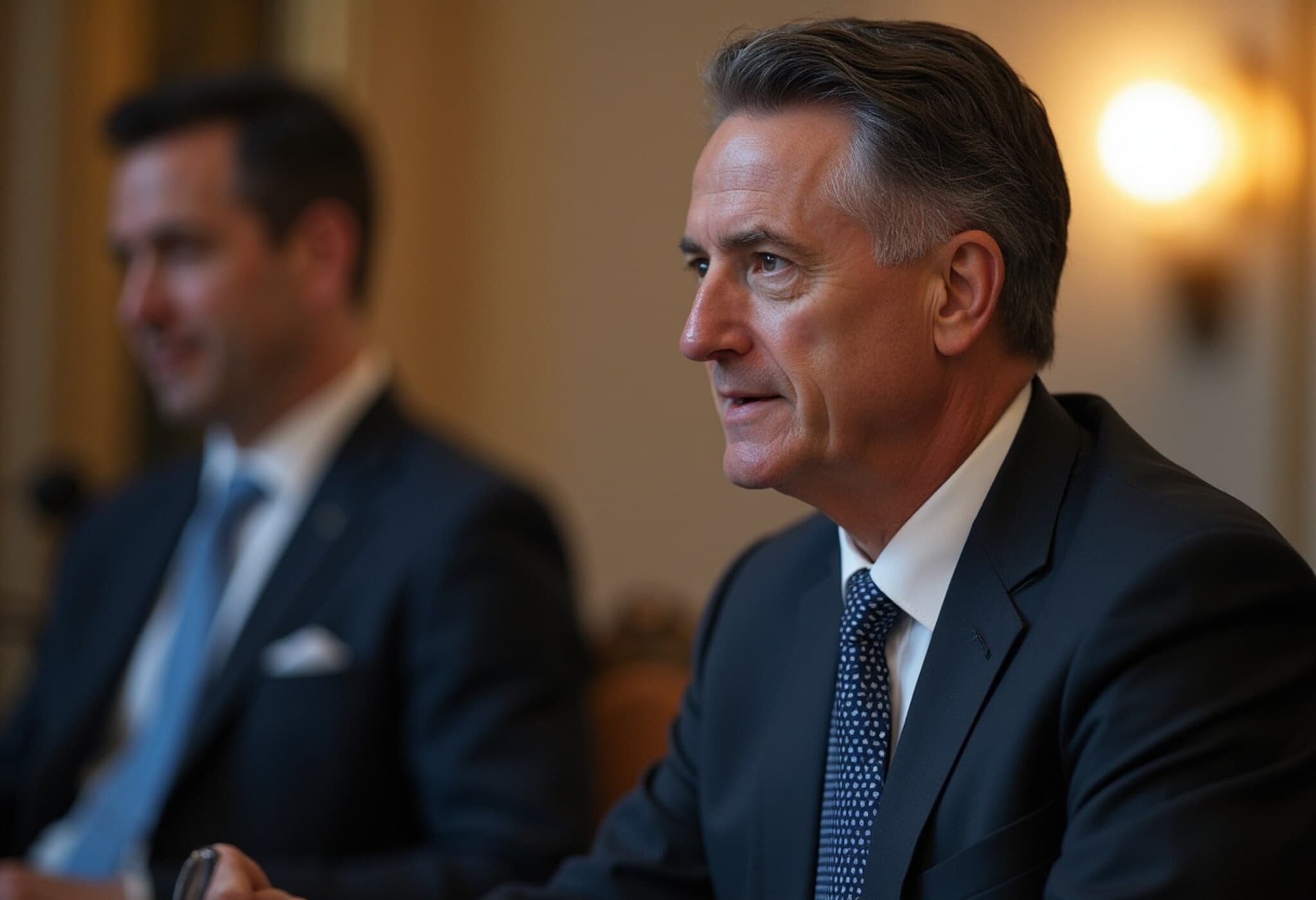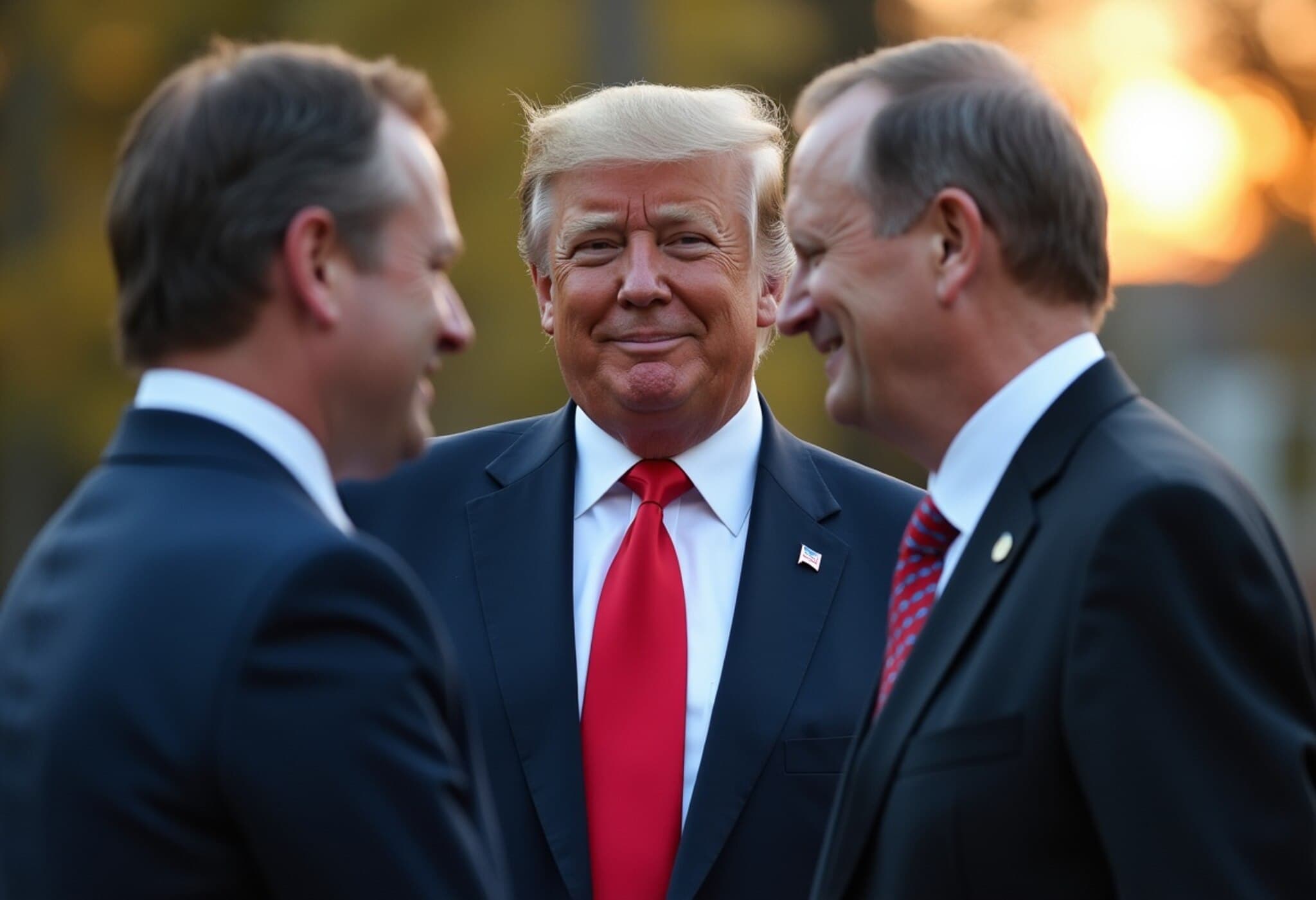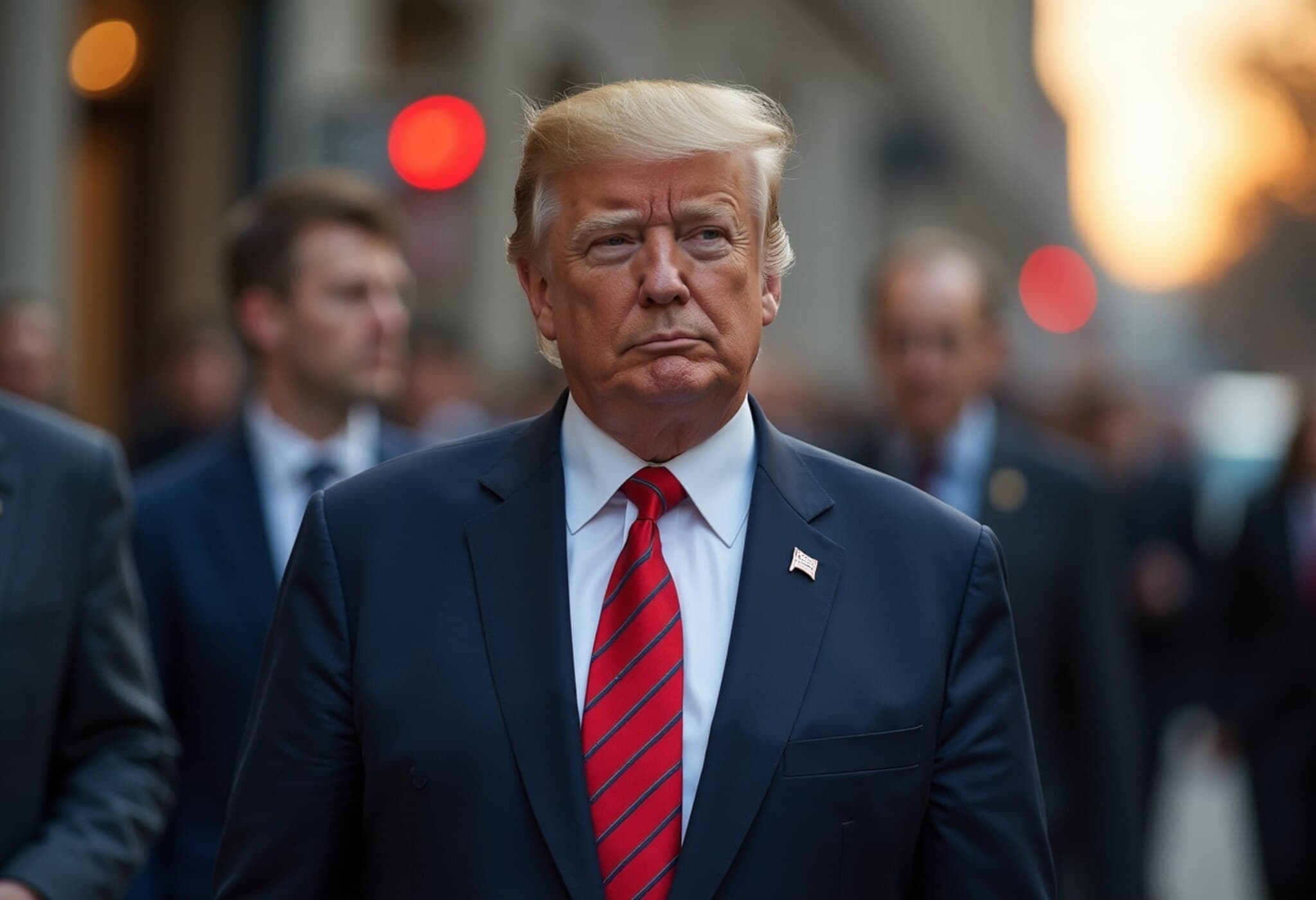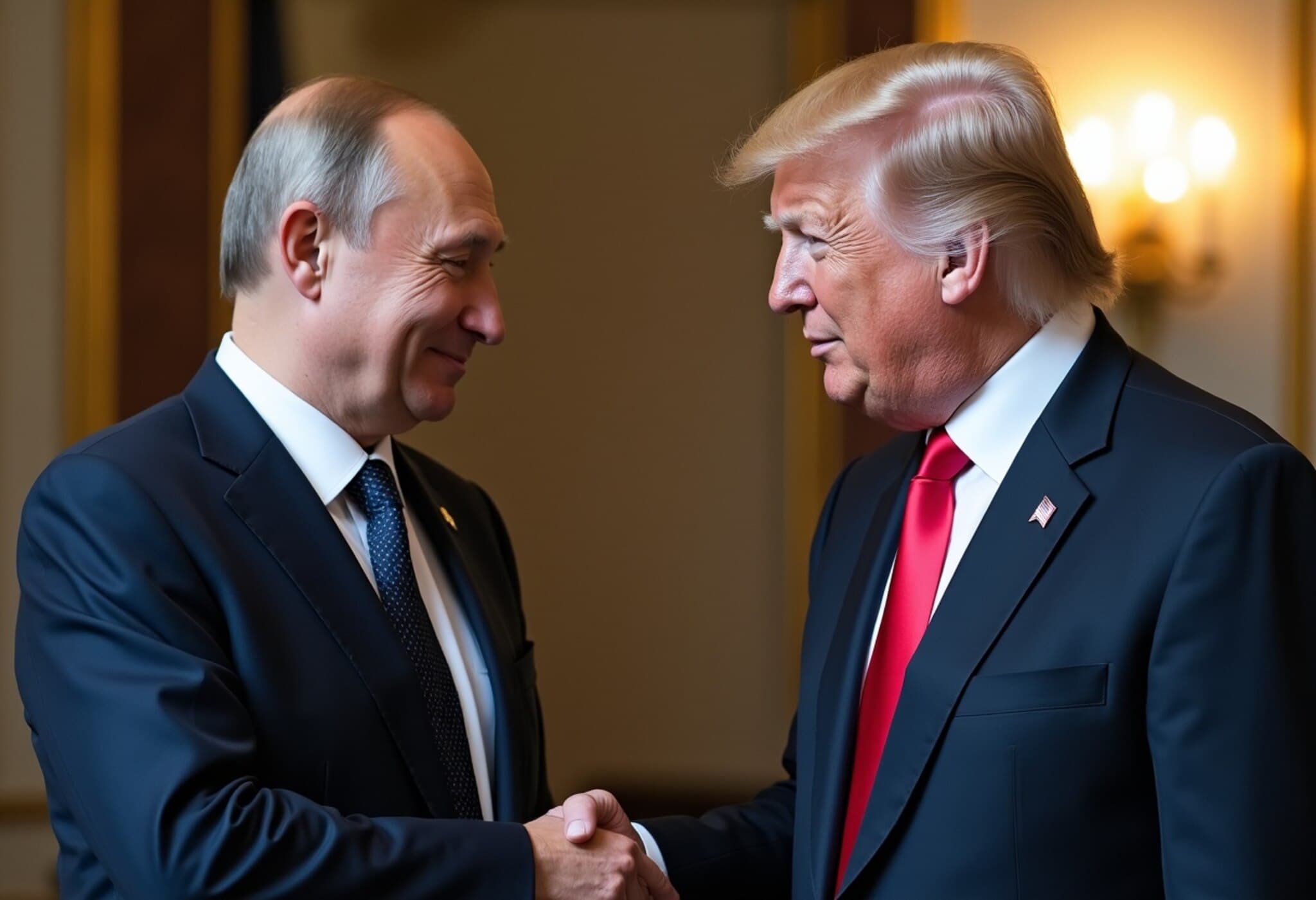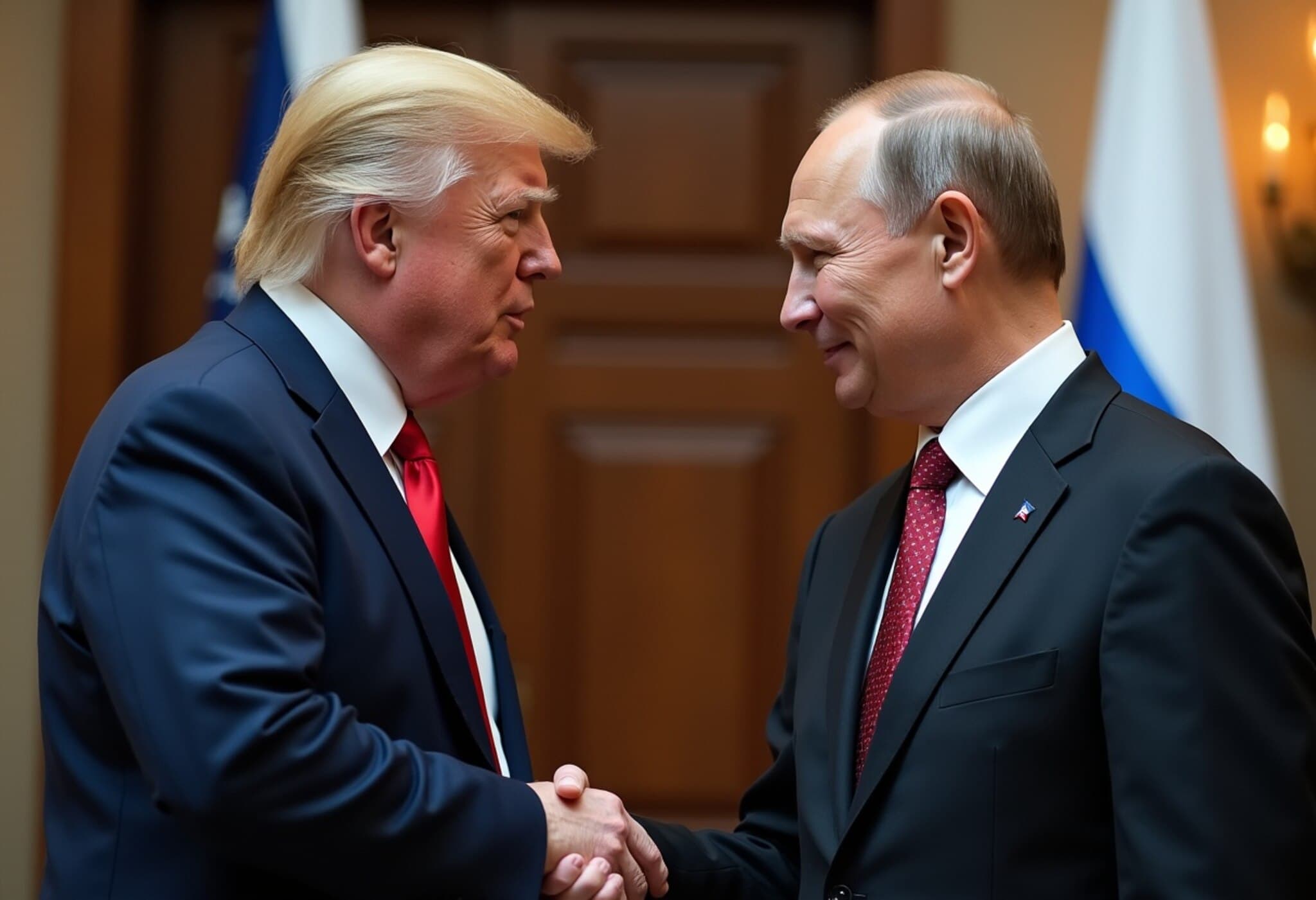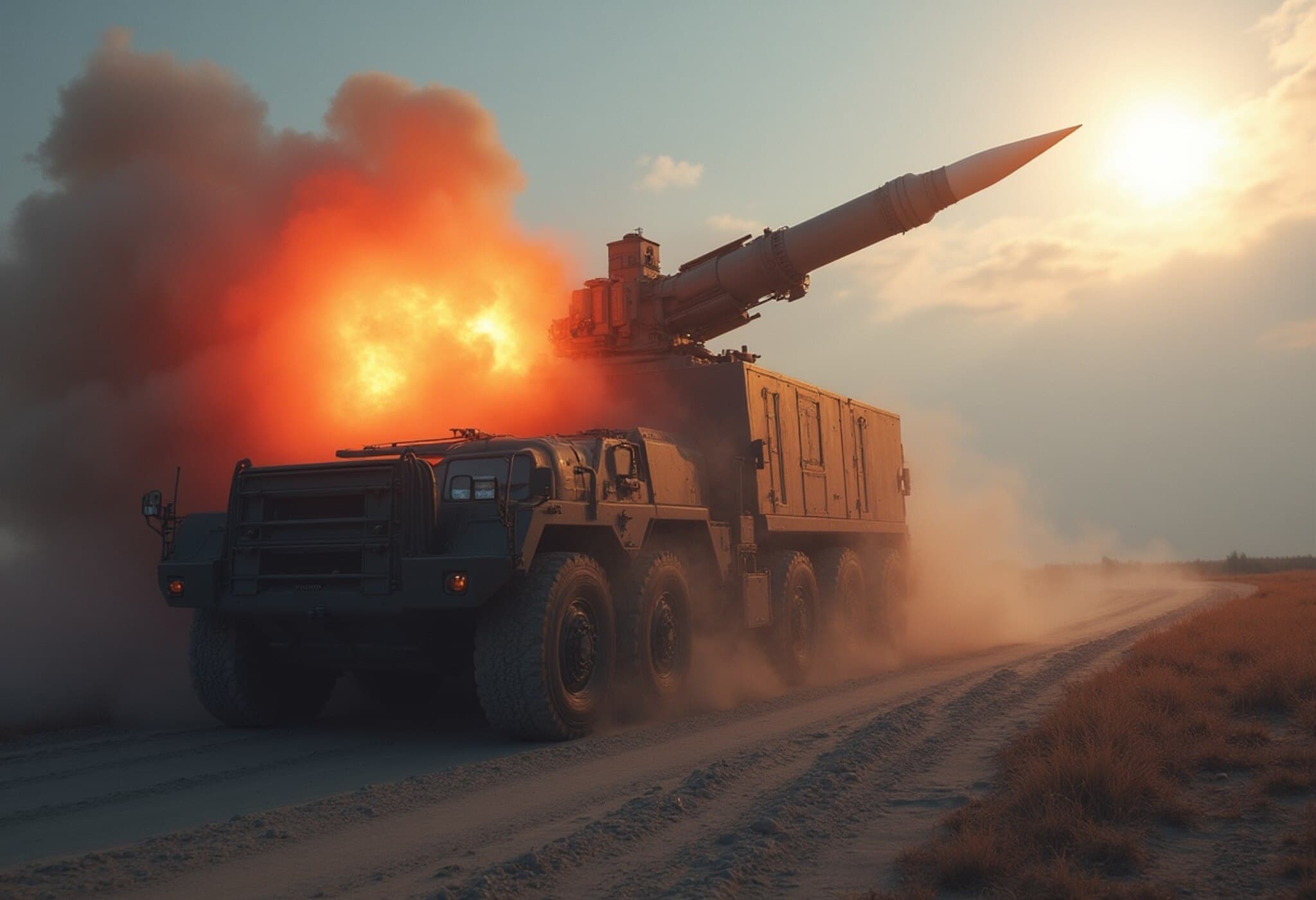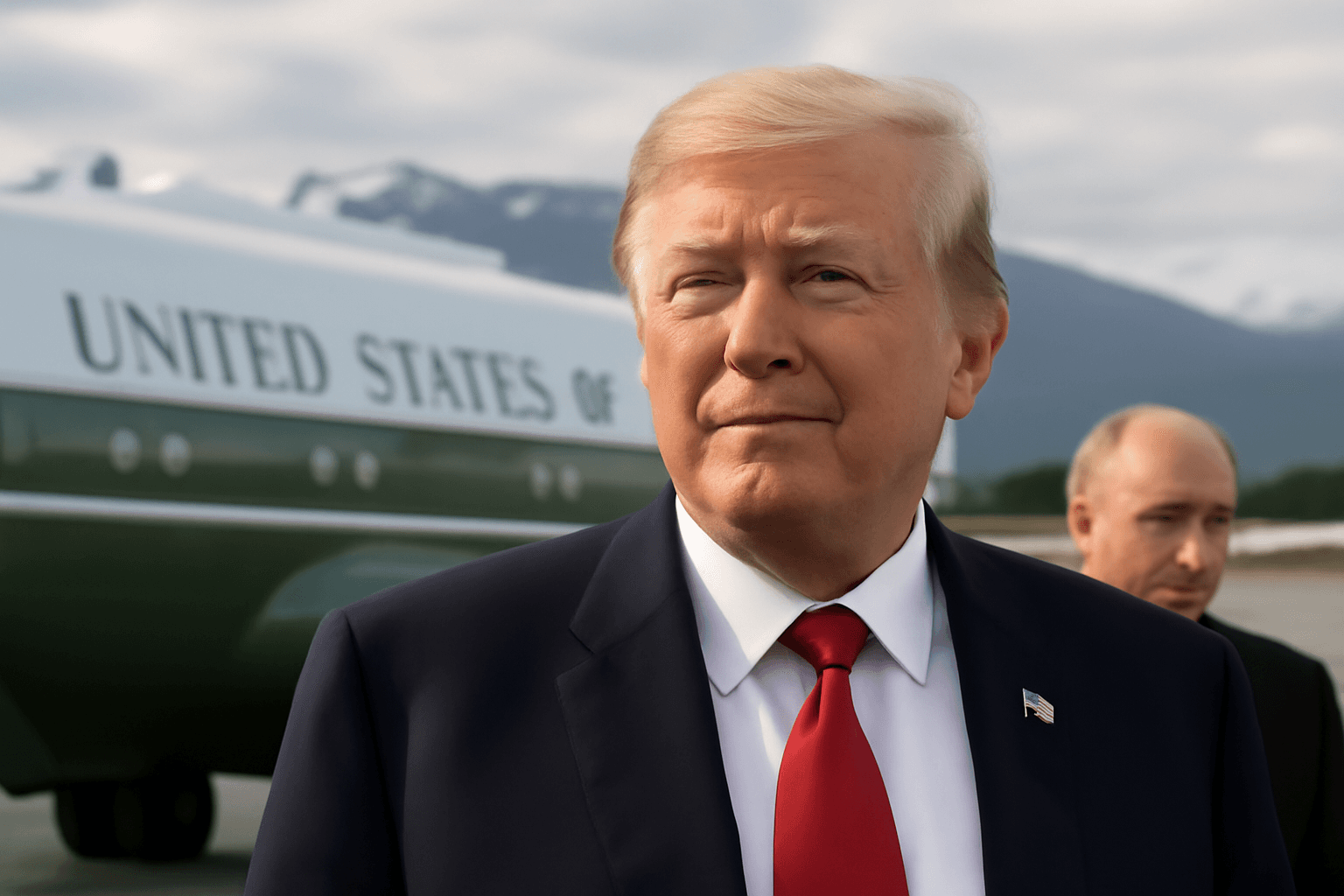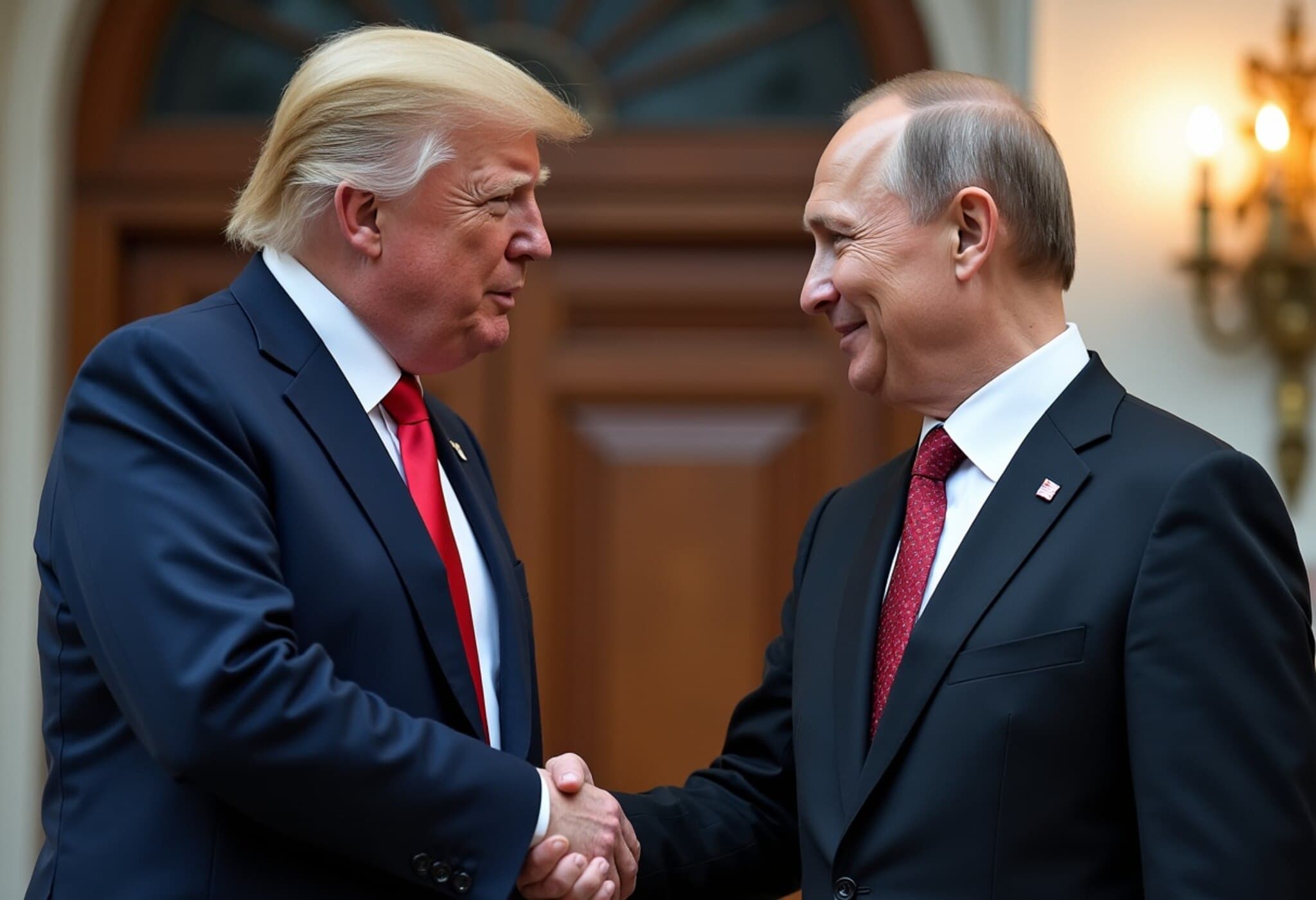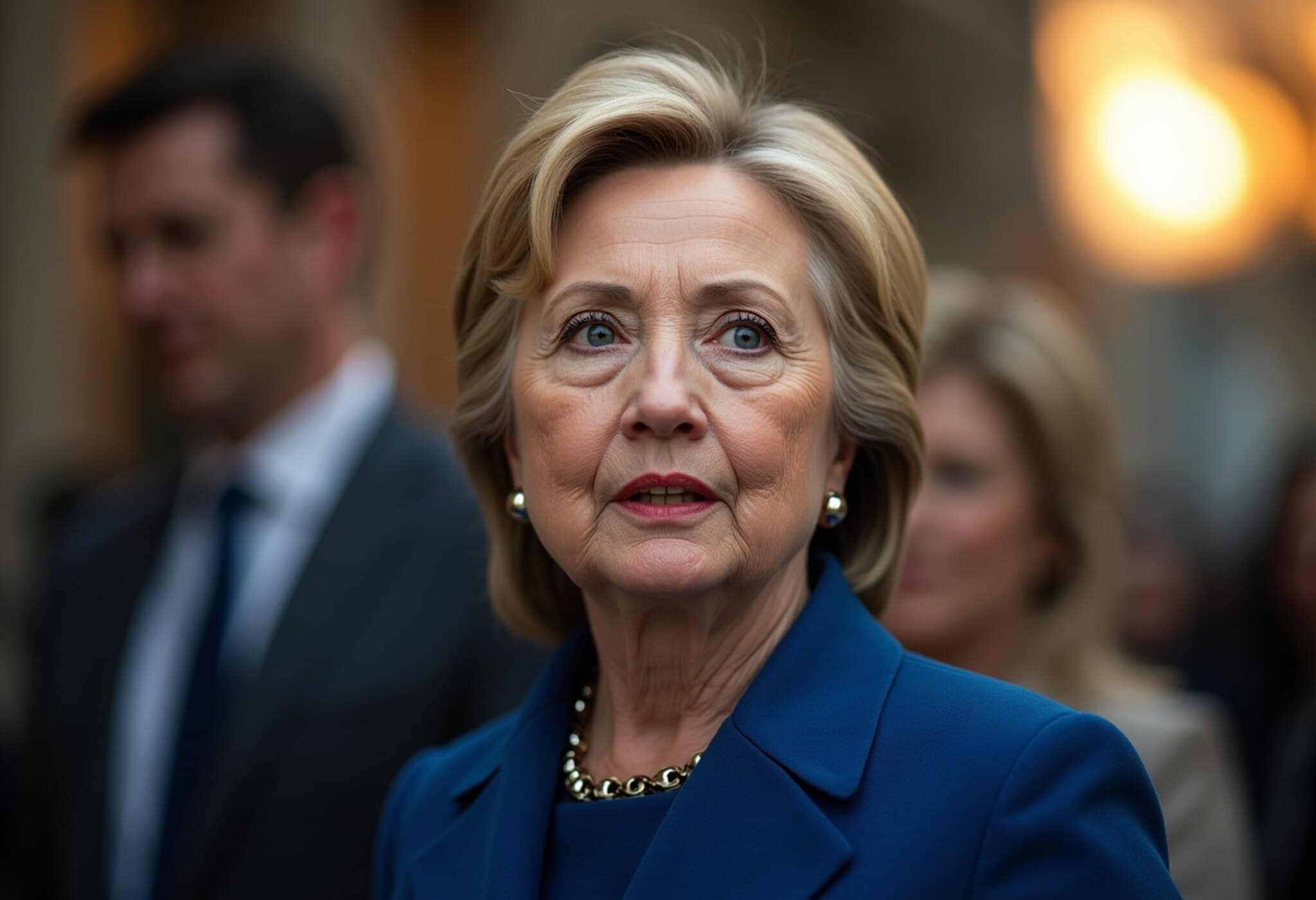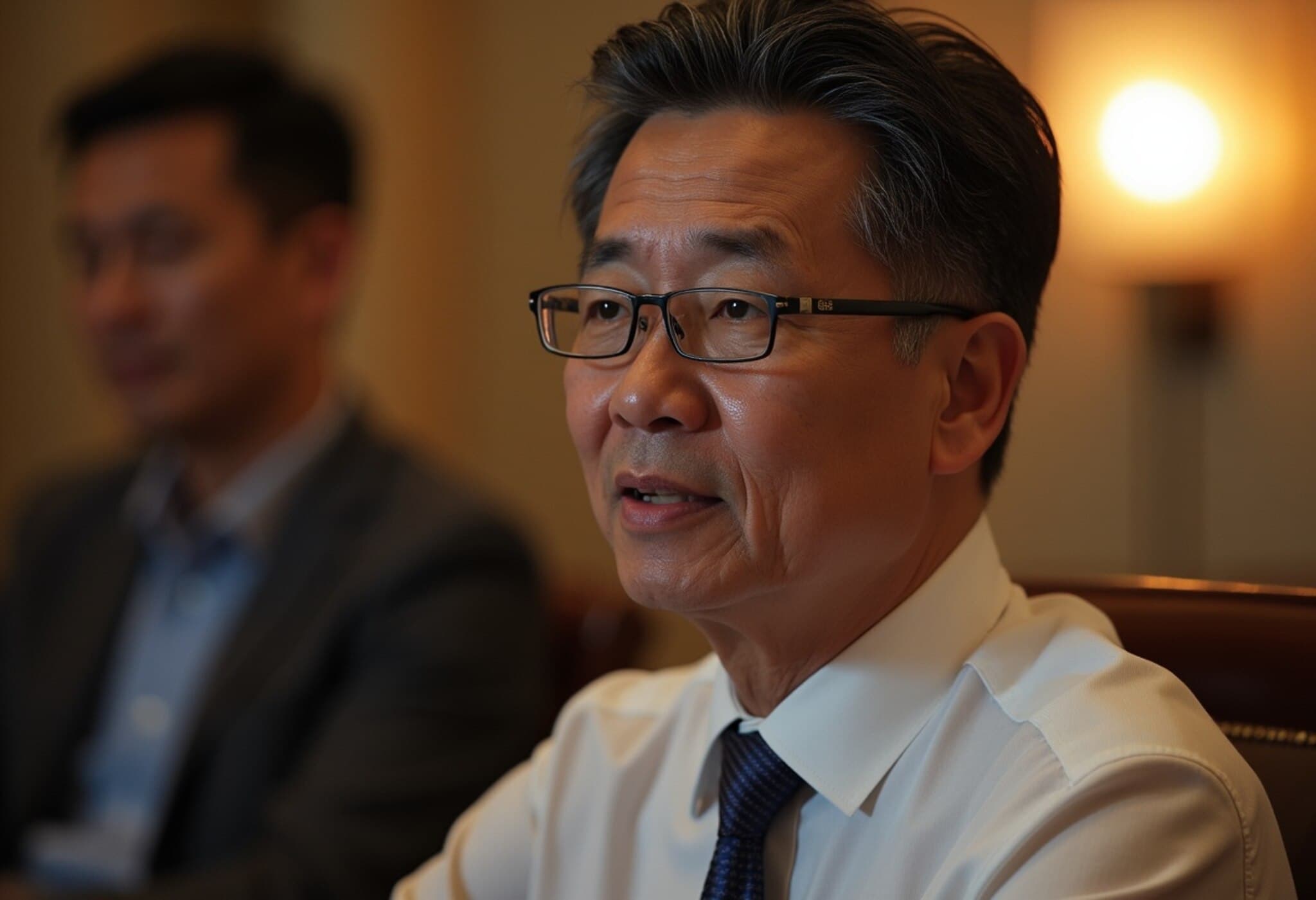Putin-Trump Meeting in the Works: Kremlin Confirms Preparations Underway
In a significant development stirring global political circles, Russian President Vladimir Putin and former U.S. President Donald Trump are reportedly set to meet soon, with plans already taking shape behind the scenes. A senior Kremlin aide, Yuri Ushakov, revealed on August 7 that the groundwork for the summit is well underway, with the venue finalized — though the official announcement is yet to come.
Diplomatic Moves: Russia Requests Meeting with Trump
The White House confirmed on August 6 that Russia had formally requested a meeting between the two leaders. White House Press Secretary Karoline Leavitt indicated that President Trump remains open to the idea, signaling a willingness to engage directly with both President Putin and Ukrainian President Volodymyr Zelenskyy.
This diplomatic outreach emerges amid escalating tensions and ongoing conflicts in Eastern Europe, particularly concerning the Ukraine war. The timing suggests a possible attempt to reset or recalibrate international relations amid growing geopolitical uncertainty.
Tri-lateral Conversations and NATO Involvement
Adding layers to the complex diplomatic dialogue, a recent phone call involved President Trump, President Zelenskyy, NATO Secretary General Jens Stoltenberg, and several European leaders, including representatives from Britain, Germany, and Finland. This indicates multilateral coordination efforts towards conflict resolution, with the U.S. playing a pivotal role.
US Envoy Meets Putin in Moscow Ahead of Talks
On the day the meeting news broke, U.S. envoy Steve Witkoff reportedly held discussions with President Putin in Moscow, a gesture underscoring the logistical and diplomatic momentum behind the planned summit. Witkoff’s talks likely focused on agenda-setting and establishing common ground before the leaders’ direct interaction.
Trump’s Measured Optimism on Potential Summit Outcomes
Despite the mounting anticipation, President Trump expressed cautious optimism when asked about the meeting’s prospects. Speaking from the Oval Office, he remarked, “I don’t want to say, I’ve been disappointed before with this one,” referencing prior attempts at diplomacy. Yet he remained hopeful, noting, “There’s a very good chance that there will be a meeting very soon,” and portraying the dialogue as potentially paving the way to an end of a “long road” in U.S.-Russia relations.
Context and Implications for US-Russia Relations
This upcoming summit carries substantial weight in the current international landscape. Underpinning the discussions are deeply rooted issues such as the Ukraine conflict, NATO’s strategic stance, and broader East-West relations. Given Trump’s unique position as a former president and ongoing political influencer in the U.S., the meeting marks an atypical dynamic compared to traditional diplomatic encounters.
Experts note that a direct Putin-Trump dialogue could influence U.S. foreign policy, potentially affecting sanctions, military support, and global security strategies. Conversely, the meeting sparks curiosity about its tangible outcomes — will it lead to a breakthrough or merely symbolic gestures?
Underreported Questions and Regional Significance
- How might this meeting reshape U.S. involvement in Eastern Europe?
- What role will NATO’s leadership play in facilitating or responding to the summit’s results?
- Could Trump’s personal rapport with Putin affect official U.S. policies now or in future administrations?
Editor’s Note
As the world watches closely, this prospective Putin-Trump summit arrives at a crucial juncture of geopolitical tension and diplomatic crossroads. While optimism for dialogue is welcome, history warns of the complexities such meetings harbor. For the American public and international observers alike, the key will be transparency, actionable outcomes, and how this interaction interfaces with broader U.S. policy mechanisms and alliance commitments.
Stay tuned as official details emerge, and the global community navigates what could be a pivotal chapter in 21st-century diplomacy.

